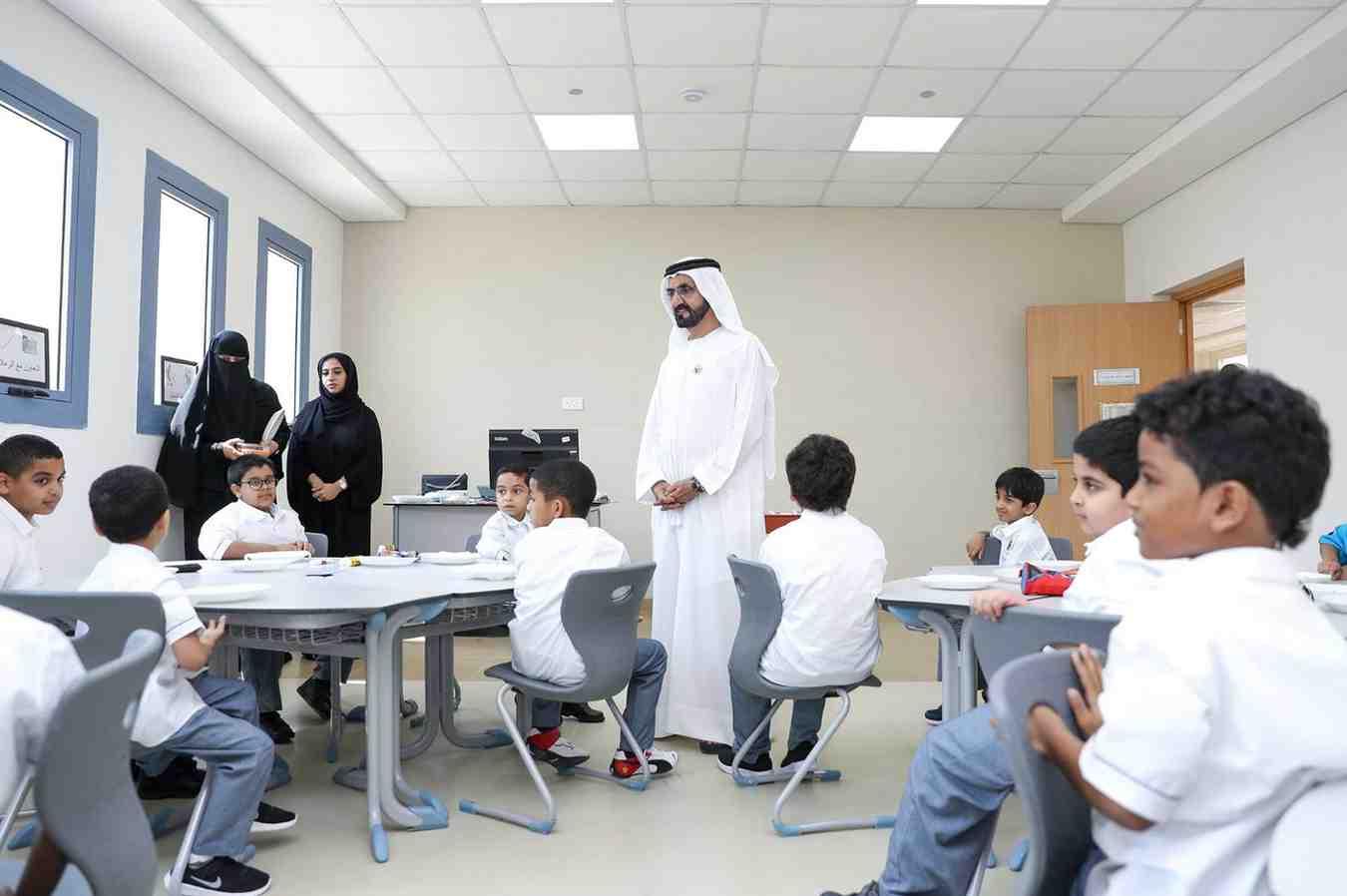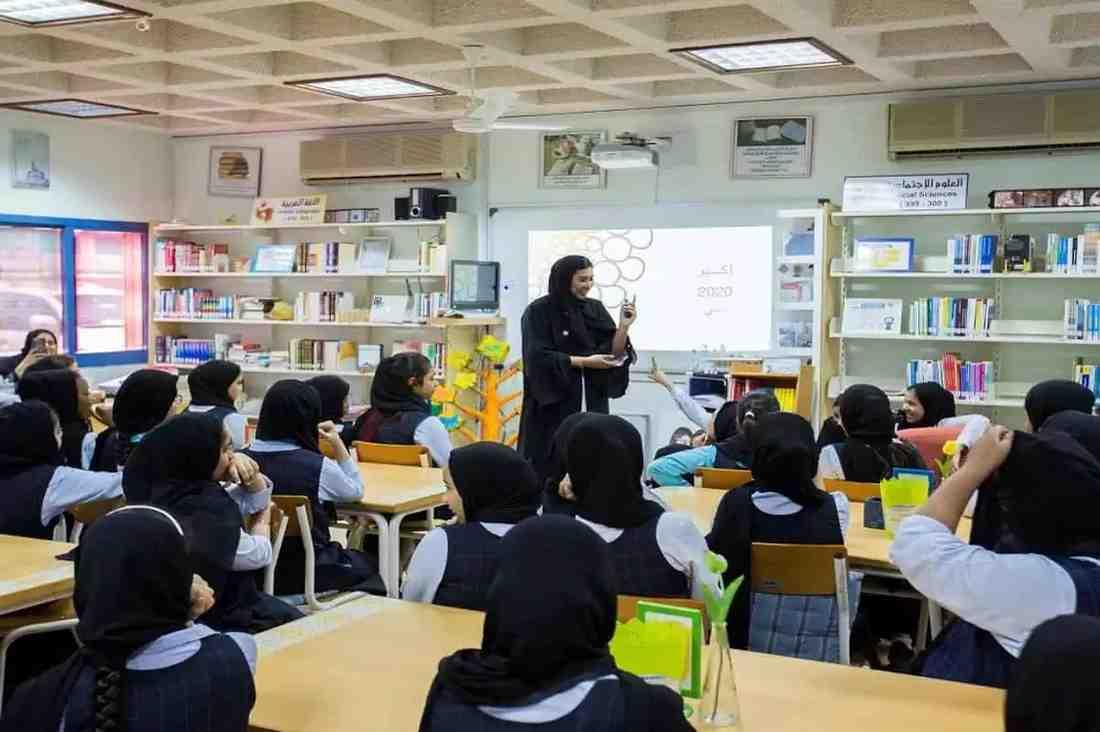The Cost of Learning: Can Dubai's New Affordable Schools Initiative Ease the Financial Burden on Families?
For many expatriate families in Dubai, the pursuit of quality education often comes with a staggering price tag. The story of James H., who relocated from Australia, is a familiar one. Faced with school fees of approximately Dh 60,000 per child for his three high-schoolers, he found the financial burden unsustainable. His family's solution was drastic: they turned to homeschooling and eventually left the emirate altogether.
James’s experience highlights a stark reality—in Dubai, education can feel more like a privilege than a right. The landscape is one of extreme contrasts. On one end, institutions like the Iranian Salman Farisi Boys’ School offer annual fees as low as Dh 2,673. On the other, premium schools like GEMS School of Research and Innovation command fees starting at Dh 116,000, creating a significant accessibility gap.
A New Strategy for Affordable Education
In response to this challenge, the Knowledge and Human Development Authority (KHDA) has launched a new initiative designed to make quality education more accessible. The strategy focuses on providing incentives for socially conscious investors and leveraging government support to ultimately reduce the financial strain on families.
A Ray of Hope from Parents
This new plan is being met with cautious optimism. Victoria, a British expat paying Dh 150,000 annually for her children's elite education, sees its potential. While she values the global reputation of their current school, she believes Dubai is capable of executing a more affordable model. "Dubai can make it work," she states, pointing to successful non-profit institutions like Dubai College as proof that high standards need not be prohibitively expensive. She also advocates for established schools to introduce more scholarship programs to foster diversity.
The dramatic rise in costs over the years is evident in the experience of Indian expat Surya Balakrishnan. His own Grade 12 education under the Indian curriculum cost his parents just Dh 975 per month. Now, as he plans for his own child's British-curriculum schooling, he faces monthly fees of Dh 3,360—more than triple the amount. Even for relatively comfortable families like his, this represents a significant budget strain, and he hopes the new scheme will offer meaningful relief.
Support Tempered with Caution
While the initiative is widely welcomed, parents are emphasizing that its success hinges on one crucial factor: unwavering quality. Mariam, a GCC national and single mother, currently pays Dh 116,000 a year for her two children at an International Baccalaureate (IB) school. She calls the move "a welcome move" but voices a common concern.
"My main worry is that 'affordable' might mean a compromise on quality," she says. She stresses that strict oversight by regulators like the KHDA is non-negotiable. For parents like Mariam, the brand of the school is less important than the assurance of a high-standard education, and she would not consider moving her children without that confidence.
The Ripple Effect of School Fees
For many households, school expenses are the single largest recurring cost. Pakistani expat Sama Sheikh, a single-income mother, spends around Dh 40,000 each year on her daughter's education, a figure that includes tuition, transport, uniforms, and extracurricular activities. After a stint with more affordable online schooling during the pandemic, she felt compelled to return to a physical school due to her daughter's social isolation. She welcomes the affordable schools initiative as a potential way to ease her financial pressure without sacrificing her child's social well-being.
Similarly, Aaliya Hussain, a mother of four, made the difficult decision to move her children to a more affordable school in a neighboring emirate. To further cut costs, she and her husband gave up the school bus and now share driving duties—a logistical challenge that saves them Dh 1,200 monthly. For Aaliya, access to quality, affordable education within Dubai’s borders would not just ease a financial burden; it would significantly improve their overall quality of life.
As Dubai's new educational strategy takes shape, it carries the hopes of countless families seeking a sustainable path to quality learning—a path where the cost of education doesn't force them to choose between their financial stability and their children's future.




